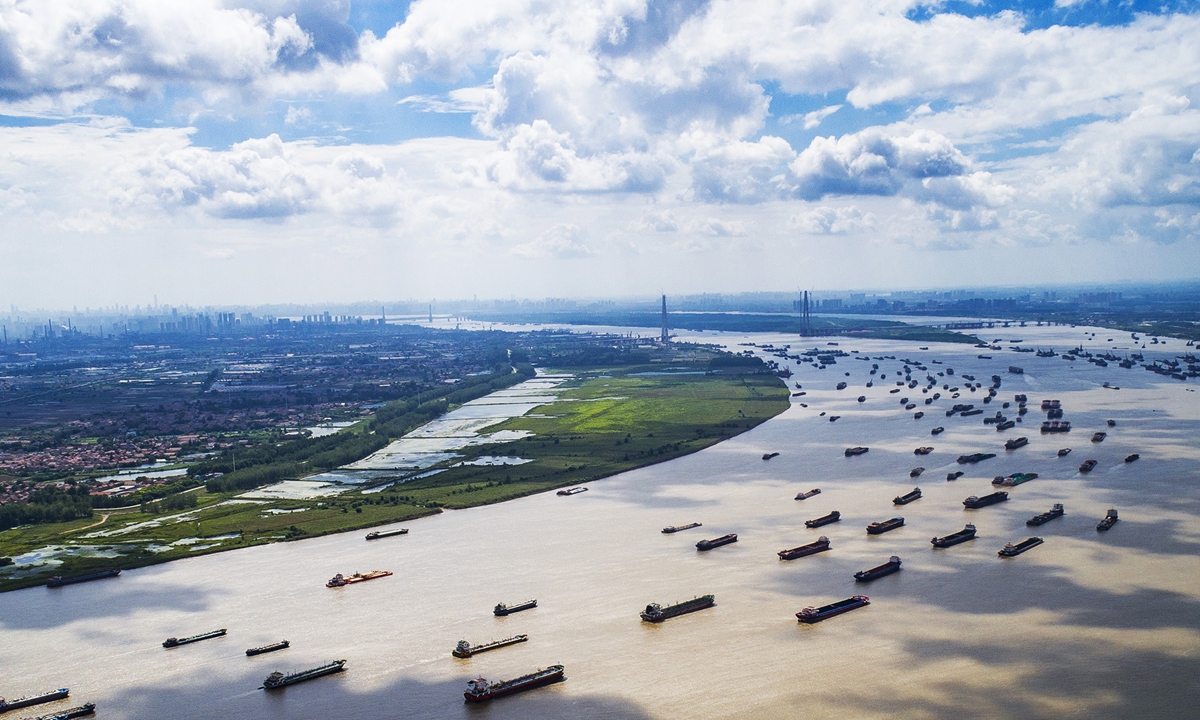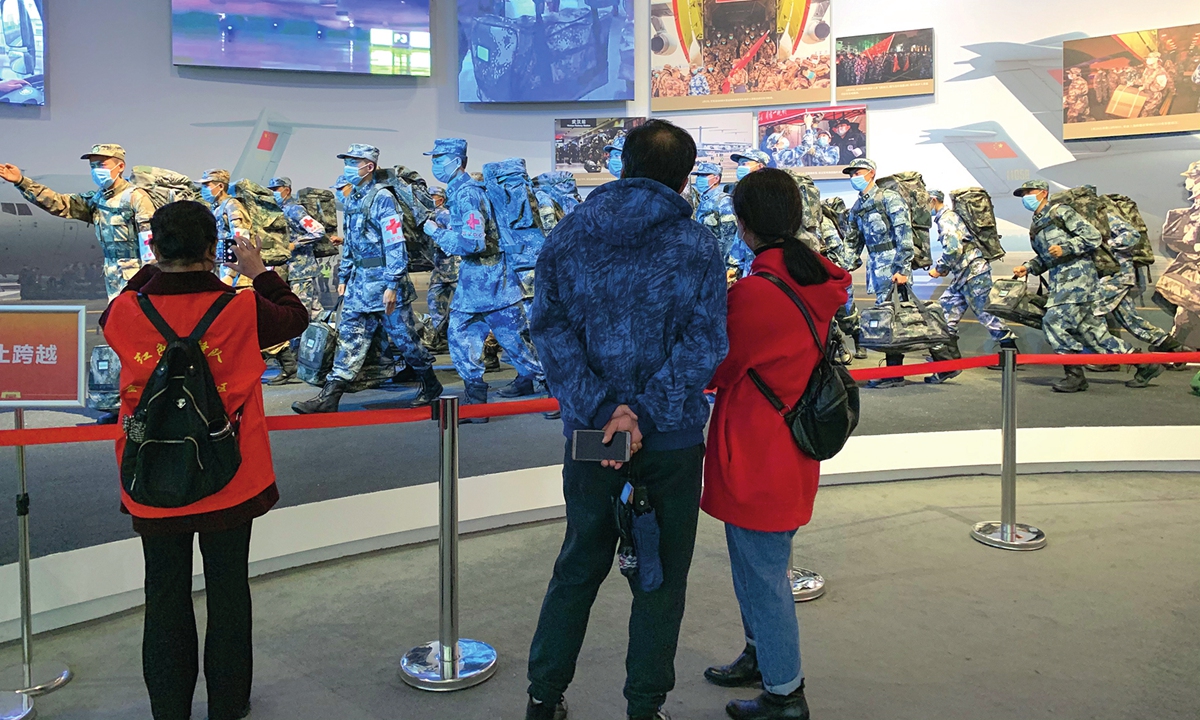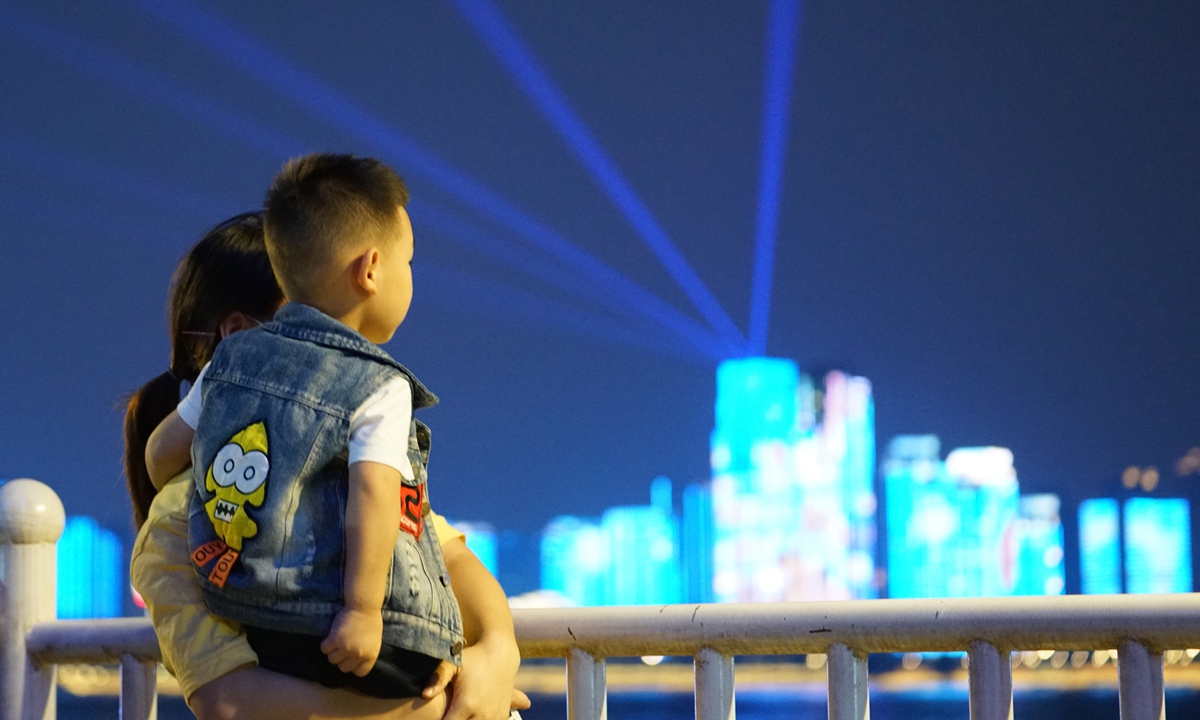It has been a year since Freddi Gaoseb, Commercial Counselor of the Embassy of Namibia in China, first came to Wuhan, capital of Central China's Hubei Province. The moment he set his foot in the city, he couldn't hold back from sharing his memories.
"On December 2019, I came to Wuhan to attend an academic conference. I had never thought that the city would be soon engulfed by the outbreak of COVID-19 epidemic and even locked down to prevent the virus from spreading," Freddi told the Global Times on Thursday.
But when the Global Times reporter asked whether he felt scared on coming to the city again, he replied without any hesitation: "Not at all. Wuhan is the safest place in the world."
On Friday, Gaoseb and diplomats from Asian and African countries including Zimbabwe, Senegal, Mongolia, South Korea and Cambodia visited a residential community, high-tech enterprises and an anti-epidemic exhibition in Wuhan, where they said they could feel the spirit of Chinese people in their united struggle against crisis and the power of Chinese technological advancement.
It was a same rainy day. It is a pleasant surprise to see the city's successful revival in such a short time, Gaoseb said
"There seems to be no difference in terms of the vibrant and busy city lifestyle I have observed. The city is in full swing of full recovery. Wuhan's dark days are over. The world is ready to re-engage Wuhan and the city is ready to embrace the world," he exclaimed.



